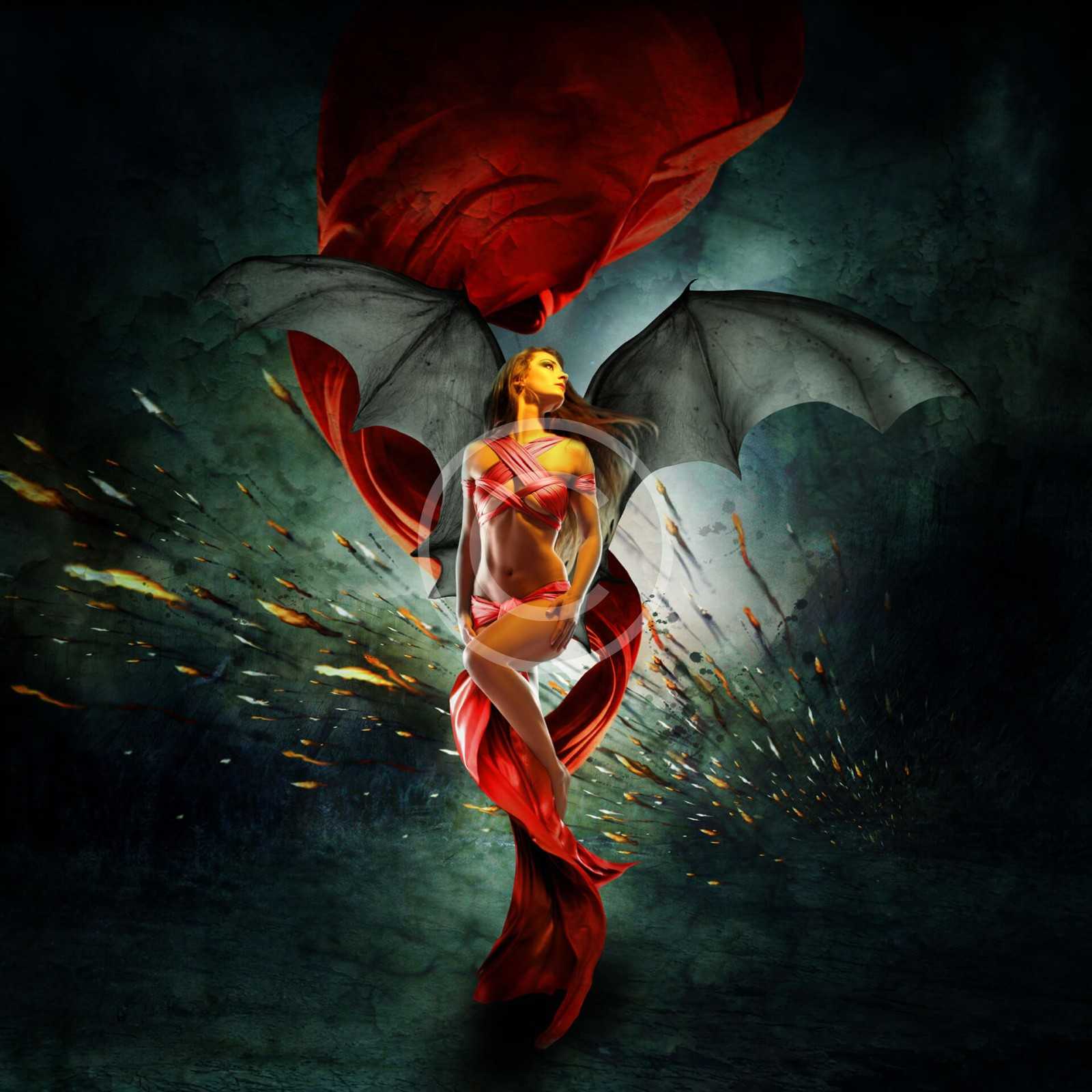The first half of the film is “beautiful”, which tells the good life of the protagonist and tries to depict funny words, which is in great contrast with the main tone of the second half of the film. The second part is “life”, which shows the real and tragic life of Jews in the era. In the first half of the film, the various acts of the Nazis at that time were described from time to time in a funny way, such as the early Jews, the propaganda of racial discrimination, etc., which had already been buried in the gray color. In the latter half, the funny behavior of self-deception in order to deceive his son makes people cry in laughter, which is joy in pain.
There are two important foreshadows in the film. One is that Joshua doesn’t like bathing, which saved his life. The other is that I think the most profound and valuable foreshadowing in this film is that the German doctor is obsessed with guessing, and the foreshadowing results in the scene where the doctor and the hero meet in the concentration camp. At the first meeting, the doctor said a word without subtitles to him. In fact, it was Italian (words that the protagonist could not understand all had no subtitles, such as when listening to German), indicating that the protagonist could not understand what the doctor said, which gave him hope. At the second meeting, the hero thought that the doctor wanted to save himself, but what he got was just the result of the doctor asking him riddles (he knew that the hero was good at solving riddles). Some people think that doctors use riddles to tell the hero that they can’t help him. However, I think the doctor just asked a riddle, which showed the stubborn and ridiculous spirit of the Nazis at that time. In the doctor’s opinion, a riddle is more important than human life, just as the Nazis looked at the life of the Jews at that time. A beautiful life is a dream made by the hero himself, and a gift for his son (the hero’s son’s language). He is a bit like Ah Q, who is good at spiritual enjoyment. Although his behavior is strange, he is extremely optimistic. However, unlike Ah Q, he has had a beautiful life of his own – marrying a woman he likes and having a son. Joshua is a really carefree person in the film. He has been guided by the lies made up by his father. When he was caught in the concentration camp, he thought he was playing games. It can be said that the first half of the film is the hero’s beautiful life, and the second half is Joshua’s beautiful life.
There are two images in the film that impressed me deeply. One is the hero’s wink and smile at it before he died, which is extremely tragic. One is the picture of the mother holding her son and smiling at the end. At that time, the mother did not know the news of the hero’s death. She thought that the hero should escape after her son escaped. I can imagine how sad she would be when she learned the news of the hero’s death. And when you freeze this picture, you will find that it is very consistent with the film title “Beautiful Life”. The picture of a beautiful mother smiling with her son is so beautiful and beautiful. Of course, without the experience of the concentration camp and the death of the hero.
A beautiful life can refer to the life of the hero before he was captured in the concentration camp, or the life of Joshua’s generation.
The name “Beautiful Life” is ironic, but it also has an optimistic flavor in it, just like the successful rescue of the son in the film and the expansion of hope.
